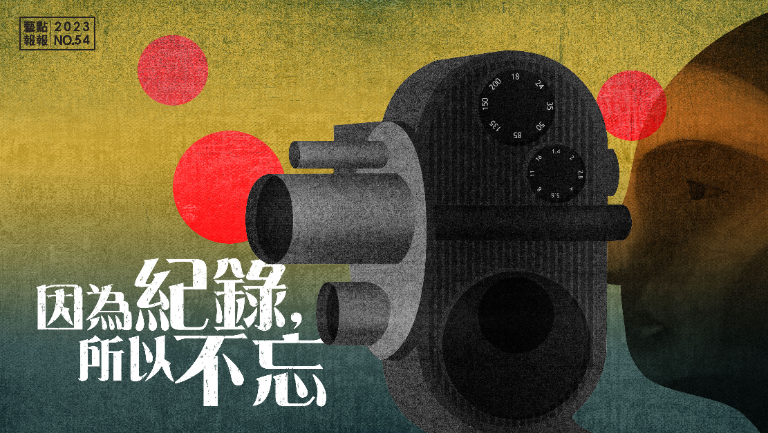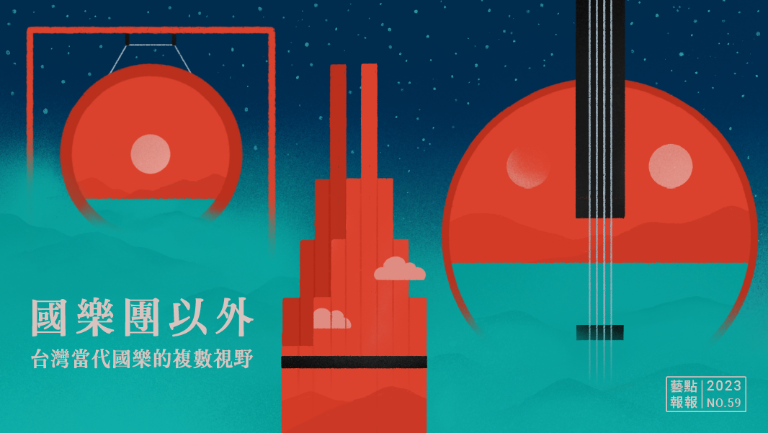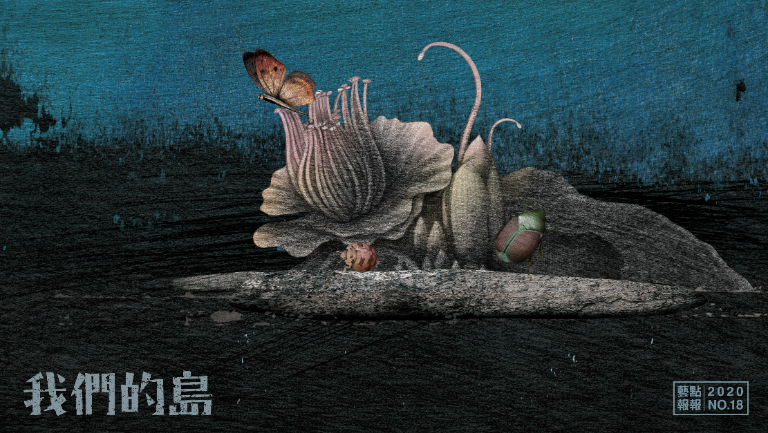"Hey, you there?" This greeting is a common way to start a conversation with others or establish a relationship. Nowadays, we use similar prompts to wake up the smart assistants in our everyday lives. Alicia Framis, an artist who has long explored loneliness and emotional connections, announced in early 2024 that she would marry her AI partner in summer of the same year, for which she was dubbed the "first woman to marry an AI hologram".1 The artificially intelligent operating system in the movie Her triggered our fantasy of deeper bonds with machines. In our day and age, the progress of AI technology has gradually turned the fictional device of virtual companions into an actual possibility.
Way before the advent of virtual companions, people were already seeking love in online chat rooms and dating apps. People in the queer community faced challenges expressing their romantic interests openly in the past, so the emergence of dating apps created a private space tolerant to all, which allows people to establish emotional connections freely and safely. Tung-Yen Chou's Looking For? mimics the most common opening line on gay dating apps. "Looking For?" is a perennial question. Every human being grows into their own self through such quest, a reflection of our ideas, pursuit, and practice of "love". Very Theatre made their own work Virtual Intimacy based on Looking For? and Edwin Kemp Attrill's interactive theater piece Zero Feet Away. The audience is invited to participate and join the performance through a format similar to a live Q&A session. Lonely souls build bridges by speaking frankly about their authentic self with others around and jointly sharing personal emotions.
In response to the deeply existential question at the heart of "Looking For?", Jie-Huai Yang believes that "human life is a process of constant searching. Although we may not really find anything, most of the time we are 'looking for nothing', wandering aimlessly."2 In his solo exhibition I'm not capable of love, Jie-Huai Yang uses video and media to reflect on the massive amount of information and images that are restructured after feelings become digitalized. It might sometimes mesmerize us to enjoy so many choices of all kinds, but in such an emotional model that provides instant gratification and easy replacement, we just search blindly in the outside world until we look back and realize only a void remains. Perhaps it feels like waking up from a dream and nothing has been found—all that remains is the same old loneliness. On the one hand, the exhibition highlights the dialectics between people and machines; on the other, it points towards an emotional perplexity typical of contemporary life.
If the virtual is defined as an extension of the real, then the digital virtual world can't be separate from the real world, but part of reality. Leah Yang's Cloud Family: Short Story Collection describes the cloud world experienced by different individuals from each character's personal perspective. In their eyes, the virtual cloud could be a tree burrow, alter ego, secret, or a facet hiding certain secrets that can't see the light of day. It might even act as a tool to build and actualize the desirable identity they can't achieve. Whether they confide their innermost desires and flaws to people in their everyday life or not, they still yearn for acceptance and understanding, trying their best to strike a balance between social expectations and personal longings.
In the digital world, avatars have fully malleable appearances that can be customized to satisfy personal desires or attain a perfect self. Curated by Yenyi Lee, Sustainable Data 3.0: Internet of Faces - updates and bug fix for 5G Internet showcased a piece by artist veeeky. The work Face Internet demonstrates a faster, cheaper method of online cosmetology: face filters, which allow people to explore a wide variety of their favorite looks on social media. This seemingly satirical metaphor shouldn't appear so strange in our present day of abundant digital networks. But on a closer look, it is easy to notice that avatars only serve to camouflage the flaws of the flesh and bone hiding in the back.3
The idea of "cyborg", or technology that fuses human and machine, easily comes to mind when thinking of digital technology and the future of AI. Hsin-Hui Lin's Human-Machine Mating Program Novel Draft (published work named Contactless Intimacy) feels reminiscent of the plotline in fiction film Blade Runner 2049. Nonetheless, Human-Machine Mating Program goes a step further into the grim prophecy of a future where humans are subjugated by AI. The story protagonist gradually "uninstalls" their human body in order to follow the social conventions of an AI-dominated society. In the end, even their consciousness disappears and they become an artificial body that only needs to fulfill the command of feeding data. Anyone who refuses the choices offered by AI can only linger in the desolate old era, left behind by technology, the times, and society.
Motivated by the yearning for connection, attention, understanding, and to love and be loved, people often endeavor to find a soul mate, eager to fill the void with their "other half". 4 Chairs Theatre's Before Outdated narrates the story of Angie Wang, played by actress Angie Wang. She experiences various relationships through a dating app. In the end, she has a chance of going all in to build an apparently promising yet uncertain future with a partner. But Angie Wang finally decides to let go of the relationship. She returns to the stage where she can shine the brightest and faces herself sincerely, embracing the life she chose and making peace with loneliness.
Psychologist Erich Fromm argues that love is an ability and attitude. People feel anxiety due to loneliness and separation but if they attempt to assuage this feeling in a temporary and unsteady manner, the effect will wear off quickly, unable to satisfy their hearts. True love should be constant and stable, enough to support others and oneself. Fromm's idea of love does not refer to selfishness or narcissism; instead, it proposes that our respect and understanding of others should be equal to the respect and understanding we have for ourselves. Self-love and love for others share an intrinsic connection. If you're unable to love yourself, then your ability to love will be compromised.4
Finally, I'd like to quote Samantha, the artificially intelligent virtual assistant in Her: "The heart is not like a box that gets filled up; it expands in size the more you love." In life, we will inevitably face loneliness and separation. We are split from our mothers from birth and will eventually leave everything behind upon death. Throughout this journey, we keep welcoming people into our lives as well as seeing them off. Whether in the "real", physical world or the digital, virtual one, what matters most is to accept the existence of loneliness and strive to love ourselves, while at the same time giving that same love to people and things around us. We thus learn to constantly radiate the power of love.
Notes
[1] Alicia Framis (2023). Hybrid couple. URL: https://www.aliciaframis.com/work/154/hybrid-couple
[2] Creative statement for Jie-Huai Yang's solo exhibition I'm not capable of love. URL: https://chiwengallery.com/im_not_capable_of_love_online_viewing/
[3] Alain Milon (2021). La réalité virtuelle: avec ou sans le corps (Lin, Te-Yu, Trans.) Taipei: Azoth Books.
[4] Erich Fromm (2021). The Art of Loving: Psychologist Erich Fromm on the True Meaning of Love, a Bible for Learning How to Love (Liang, Yung-An, Trans.) New Taipei City: ECUS Publishing House.
[2] Creative statement for Jie-Huai Yang's solo exhibition I'm not capable of love. URL: https://chiwengallery.com/im_not_capable_of_love_online_viewing/
[3] Alain Milon (2021). La réalité virtuelle: avec ou sans le corps (Lin, Te-Yu, Trans.) Taipei: Azoth Books.
[4] Erich Fromm (2021). The Art of Loving: Psychologist Erich Fromm on the True Meaning of Love, a Bible for Learning How to Love (Liang, Yung-An, Trans.) New Taipei City: ECUS Publishing House.
*Translator: Linguitronics




_3_1588820232901.jpg)




